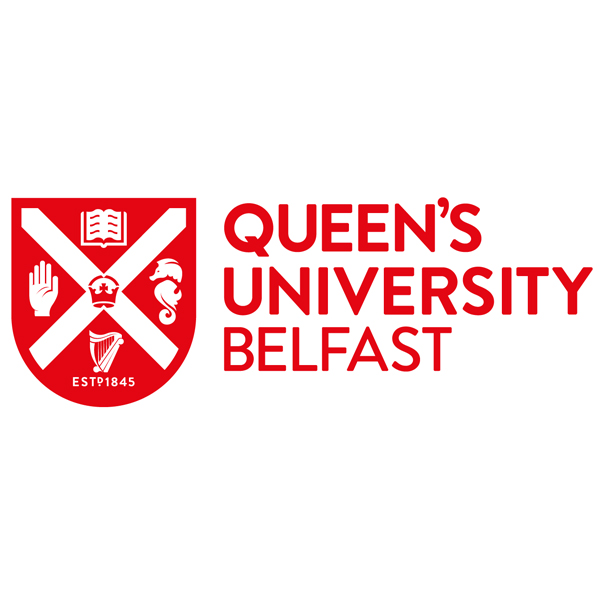How university research can drive more analytical discussions around terrorism and counterterrorism
Despite its emotive, and often bleak, nature there is hope that academic research around terrorism and counterterrorism can result in more benign outcomes

While terrorism seizes our attention, how can we concentrate on the profound causes from which terrorism emerges as a blood-stained symptom? During an episode of the THE Connect podcast, Richard English, a professor of politics and director of the Senator George J. Mitchell Institute for Global Peace, Security and Justice at Queen’s University Belfast, explored this question and others around the concepts of terrorism, counterterrorism and the peacebuilding process.
“My research suggests that organisations carrying out non-state terrorist violence, whether it be Al-Qaeda, ETA in the Basque Country or the Provisional IRA here in Northern Ireland, often exaggerate what violence is likely to achieve in strategic terms,” English explained. “Terrorist groups tend to pursue violence because they think it is the only or most effective way of achieving what they consider to be essential change. In most cases, non-state terrorism does not tend to achieve its aims, but it does emerge from deeper causes.”
Exaggeration can also be seen in the strategies employed by states engaging in counterterrorism. This can significantly limit the effectiveness of state responses to terrorism and, unfortunately, lead to mistakes being repeated.
“For states, there is often an exaggeration, again, of what military methods can achieve,” English said. “This often causes blowback that makes things worse. States also exaggerate to what extent they’ll be able to get rid of terrorism. In reality, it’s probably containment rather than extirpation that is likely to work best.”
Ironically, the motivation behind some acts of counterterrorism is the same as that used by some non-state terrorists. It’s why, as English said, “terrorism and counterterrorism often exist in a mutually stimulating relationship”.
If the right response to terrorism is often disputed, so too is the term itself. There is a moral implication to the concepts of terrorism and counterterrorism, with such labels proving controversial and prone to shifts.
“Where I’m speaking from in Belfast, for example, the term terrorism is a very contentious one,” English noted. “It is also a contentious label in terms of the definitions of terrorism. Is it about violence that is only used against civilians? Is it only violence used by non-state groups? Despite this, while terrorism may be a loaded word, it isn’t going away. I think it’s possible to recognise that many of the terms we use are contested and have a pejorative connotation but for them to still be useful.”
While the context surrounding acts of terrorism and counterterrorism may differ, resonances between unique cases can still lead to meaningful conversations and, hopefully, positive real-world impact.
“I hope, in some small way, analysis by academics may feed into policy responses,” English said. “For example, I think if more had been learned from past conflicts before the war on terror, many of the mistakes made in Afghanistan and Iraq could have been avoided.”
Researching terrorism and counterterrorism is replete with challenges, including the clandestine nature of many sources, the partiality of the information they provide and the emotional nature of the subject. Even so, English has found reasons for optimism amid, “forests of grief and blizzards of human damage”.
“Given that terrorism tends not to achieve its aims, this means there’s hope we can find other more peaceful and productive ways to address the issues from which terrorist conflicts emerge,” English said. “Everybody has a role to play in how states respond to terrorism too. Who we vote for, how we get information, and how we engage with laws all have an impact. I think everyone has a contribution to make. There’s something positive that everyone can do.”
